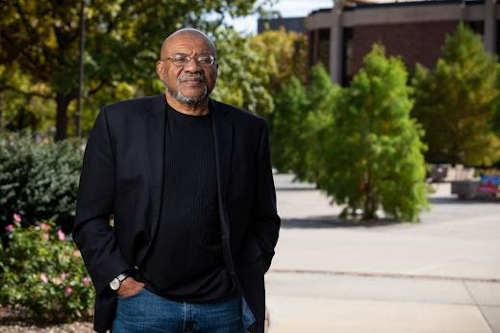
“The classics can console. But not enough,” wrote Derek Walcott, a poet who often found limited literary consolation in Greek mythology, as he wrote about his Caribbean world.
For Esteban Rodriquez in his poem, “37 El mundo”, the classics, with their allusions and myths, are not enough of a consolation to capture the labors of his father.
In the end, his father’s heroism is rooted in the grit and realism of a world of labor and struggle, and the truthful retelling of the story of his father is enough to create a new hybrid mythology of self.
37 El mundo
By Esteban Rodriquez
Even in dreams, your father is working,
and in the version you’d been having for weeks,
he lifts a large replica of the world, places it
on his back, and because his body here defies
logic and physics, carries it up a hill, which,
after you wake up, you know is a metaphor
for twelve-hour shifts, for pounding nails
into wood, for sliding steel into slots again
and again, and for the days when his back
is shaped into a crooked punctuation,
and his feet, marking the floor into a hieroglyph,
have lost more of their purpose, becoming quiet
when he gets home, so that all you see of him
is not comparisons to language, but two
swollen limbs, a body reclined on a La-Z-Boy,
a father relieved to call this silence his own.
American Life in Poetry does not accept unsolicited manuscripts. It is made possible by The Poetry Foundation, publisher of Poetry magazine. It is also supported by the Department of English at the University of Nebraska-Lincoln. Poem copyright ©2021 by Esteban Rodríguez, “37 El mundo” from Wildness Issue No. 2, August, 2021. Poem reprinted by permission of the author and the publisher. Introduction copyright ©2022 by The Poetry Foundation. The introduction’s author, Kwame Dawes, is George W. Holmes Professor of English and Glenna Luschei Editor of Prairie Schooner at the University of Nebraska.